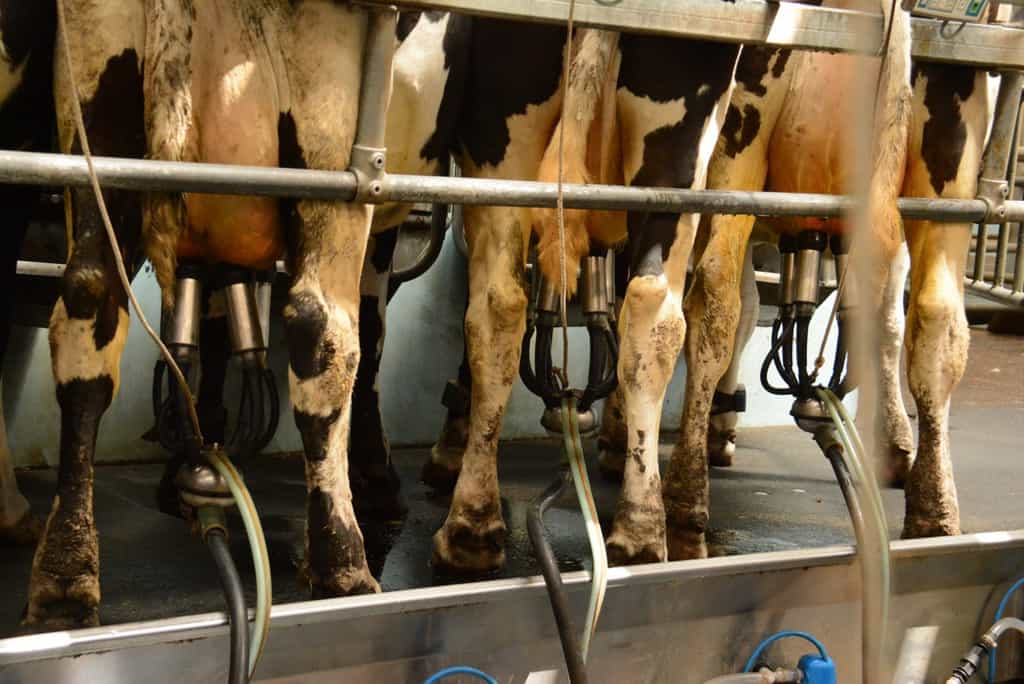NFU Scotland has called on the supply chain to deliver fairer returns to producers as further milk price falls are announced.
Milk price analysis shows that Scottish and UK dairy farmers are lagging significantly behind when compared to the returns being enjoyed by many EU and New Zealand producers
Farmer owned business First Milk has, this week, announced a 1p per litre price cut having held prices last month. As an example of good collaboration, the Milk Supply Association, which represents dairy farmers and the Fresh Milk Company (Lactalis) in Stranraer have agreed a three-month fixed price of 29p per litre.
NFU Scotland Vice President Gary Mitchell said: “First Milk’s price cut is another negative consequence of the weakening milk commodity prices. The global nature of the dairy sector means no one is immune from high volatility, low margins, and uncertainty which impacts on confidence to invest and innovate.
“While NFUS acknowledges the pressures of the competitive market, we make no apologies for arguing that farmers cannot continue to be the at the sharp end of this pressure.
“Statistics from the levy body AHDB Dairy indicate that, in New Zealand, the average milk price over the last year was ahead of the UK. In Europe in the past 12 months, the UK has lagged Northern European countries by between 2p and 6p per litre. While there will be many varied reasons for this, the result is that dairy farmers in Scotland and the UK have little confidence that the supply chain is fairly sharing returns from high value dairy products with those milking the cows.
“This is a travesty as global dairy demand, both short and long term, remains strong. This week saw the positive sign of global auction prices for dairy commodities rising by more than four percent, largely due to weather issues impacting on production in New Zealand.
“It is a sharp reminder to all milk buyers and end users that they cannot take milk supply for granted.
“The latest Scottish Dairy Farming statistics published last week, showing a further decline in the number of dairy farmers, are another stark reminder that dairy farmers are still giving up, often because the next generation is not convinced that dairy is for them. Skilled labour shortages add to the weight of concern for dairy farmers.
“And while Scottish dairy farmers are amongst the most efficient – and always striving to improve – we need a supply chain that works to ensure the dairy sector is functioning for all.
“There are solutions, and these must be based on increased trust and collaboration. A case can be made that the relatively high milk prices in Northern European countries, New Zealand and Ireland are to an extent due to a supply chain which values the contribution of farmers. That is underpinned by wider collaboration, shared efficiencies, commitment to marketing and government support for trade, education and regulation.
“There are green shoots and we at NFUS recognise the efforts of Lactalis, Muller, First Milk, Arla and Grahams for specific efforts to progress Scottish dairy. These efforts must be built on in the face of growing competition and uncertainty, heightened by Brexit.”






